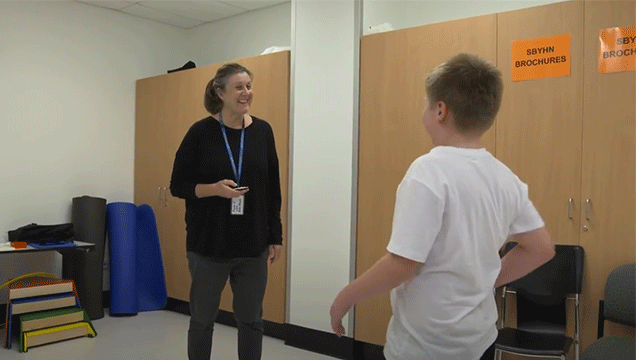
Frequently Asked Questions
You must be 25 years old or younger to access services for FASD under the Medicare Benefits Scheme.
You will first need a referral from your GP or psychiatrist to a specialist in order to access a Medicare-funded FASD assessment and management services. Find out more about the FASD assessment process.
Several item numbers apply to the assessment for FASD.
The first step is to see a paediatrician or child psychiatrist for initial assessment to consider the possibility of a diagnosis of FASD which might include a history, physical examination, and blood tests.
The doctor may then refer you to an allied health professional. These include occupational therapists, speech pathologists, psychologists, audiologists, optometrists, orthoptists or physiotherapists.
An individual is entitled to 8 assessment sessions by an allied health professional. Results of these assessments may contribute to the diagnosis of FASD and development of treatment and management plans.
Visit our Service Directory for a list of FASD-informed clinicians across Australia.
A paediatrician or psychiatrist will review the results of the assessments and consider which diagnoses are appropriate and what supports are recommended.
A diagnosis of FASD activates 20 Medicare funded allied health treatment sessions.
These are available in addition to those provided on existing plans, which any individual can assess, such as a Mental Health Care Plans (up to 10 session per calendar year) and a Chronic Disease Management Plans (up to 5 session per year).
Even when a diagnosis of FASD is not confirmed, children with neurodevelopmental problems can access ongoing support through Medicare if they have difficulties in at least two areas of significant neurodevelopmental function, for example language and motor skills.
You can learn more about the neurodevelopmental functions and common challenges by clicking here.

FASD-informed service providers
Find health professionals and services with FASD experience and expertise.
Looking for more information?
Stay connected
Join our mailing list to hear more from the FASD Hub, including our monthly newsletters, webinar invitations, and new publications.
Acknowledgement of Country
FASD Hub Australia acknowledges Aboriginal and Torres Strait Islander peoples as the Traditional Custodians of Country throughout Australia, and we recognise their connections to land, water and community. We pay our respect to their elders past and present, and extend that respect to all Aboriginal and Torres Strait Islander peoples.

